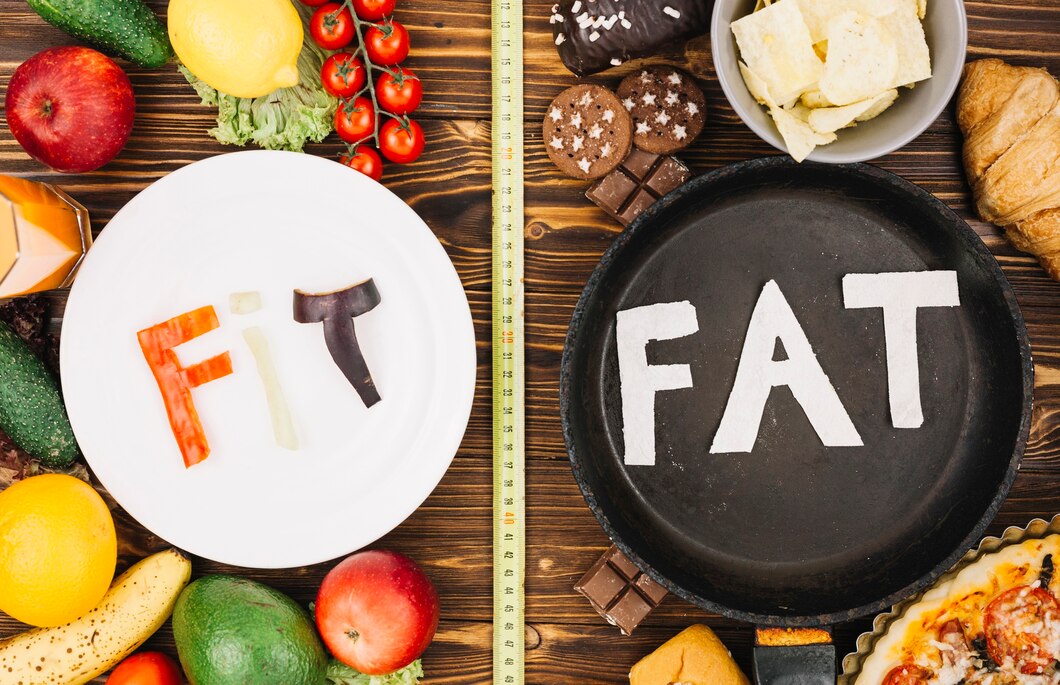
7 Common Nutritional Errors in Bodybuilding
Many bodybuilders put in significant effort at the gym but often find their results less than satisfactory or their progress slow. This problem may not stem from their workout regimen but could be linked to poor dietary choices. These bad eating habits can be a major barrier to weight loss and muscle development. We'll delve into these common nutritional missteps and their impacts.
1. Eating Late at Night
A common misconception among those looking to lose weight is that eating before bed is harmless. This practice is especially detrimental if the food choices are poor, such as unhealthy carbohydrates. Sleep doesn’t burn a significant number of calories, which means that the body may store the pre-sleep meal as fat. Instead of indulging in late-night snacks, focus on a dinner that includes vegetables and lean proteins. This approach not only addresses hunger but also aids in maintaining a healthier diet.
2. Overconsumption of Processed Carbohydrates
Processed carbohydrates are found in everyday items like breakfast cereals, fruit juices, candies, and various breads. These are typically high in sugar and can be detrimental if the calories they provide aren't burned quickly. This can lead to fat accumulation, counterproductive for muscle building. It's a misconception that carbs should be completely eliminated. The key is to consume them strategically, such as during breakfast or before a workout session, to maximize their benefits.
3. Underestimating the Value of Vegetables
Vegetables often take a backseat in many bodybuilders' diets. However, incorporating a variety of vegetables, such as leafy greens, broccoli, and asparagus, is crucial. They are not just a source of essential vitamins and fiber but also require more energy to digest compared to more processed foods like protein bars and shakes. The increased effort your body expends in digesting these vegetables can lead to a higher calorie burn.
4. Skipping Breakfast
Many bodybuilders make the mistake of skipping breakfast. A substantial breakfast sets the tone for the day, providing the necessary energy and allowing for the gradual burning of calories throughout the day. Skipping this meal often leads to increased hunger later, resulting in overeating, especially at night. Adhering to a well-balanced breakfast routine can significantly improve overall energy levels and metabolism.
5. Managing Hunger
It is essential to time meals to avoid becoming excessively hungry. Planning meals and snacks to occur right before you reach a point of significant hunger helps in controlling portions and prevents overeating. This approach is not just about maintaining a regular eating schedule but also about understanding your body's hunger signals and responding appropriately.
6. Eating Frequency
A common misconception is that eating less frequently is better. However, for bodybuilders, eating more frequently, ideally every three hours, can aid in more efficient digestion and metabolism. The goal is not to eat more but to distribute the same amount of food into smaller, more frequent meals. This helps in maintaining steady energy levels and a consistent metabolism.
7. Bulking Responsibly
During the bulking phase, some bodybuilders believe they need to consume as much food as possible. However, the focus should be on high-quality foods. Overeating can lead to an excess of fat, which is counterproductive. Consulting a nutritionist or trainer can provide guidance on optimal food choices and quantities during this phase.
Extending Beyond Basic Nutrition
In addition to these seven points, it's important to recognize the role of hydration, the importance of sleep, and the impact of supplements. Hydration plays a crucial role in muscle development and overall health. Proper sleep is essential for recovery and growth. Supplements can be beneficial but should not replace whole foods.
Tailoring Diets to Individual Needs
Every bodybuilder has unique nutritional needs based on their body type, workout intensity, and goals. It's essential to tailor one's diet to these individual needs. Consulting with a nutrition expert can provide personalized advice and help avoid common dietary pitfalls.
Conclusion
Understanding and correcting these nutritional [object Object]s can lead to significant improvements in bodybuilding outcomes. A balanced diet, combined with a disciplined training regimen, is key to effective muscle growth and overall health. By addressing each of these common mistakes, bodybuilders can ensure they are not just working hard but also working smart, aligning their nutritional habits with their fitness goals.



Leave a Comment